Our 2020 study investigated public perceptions towards the importance, safety, and effectiveness of vaccines as well as the perceptions towards the safety…
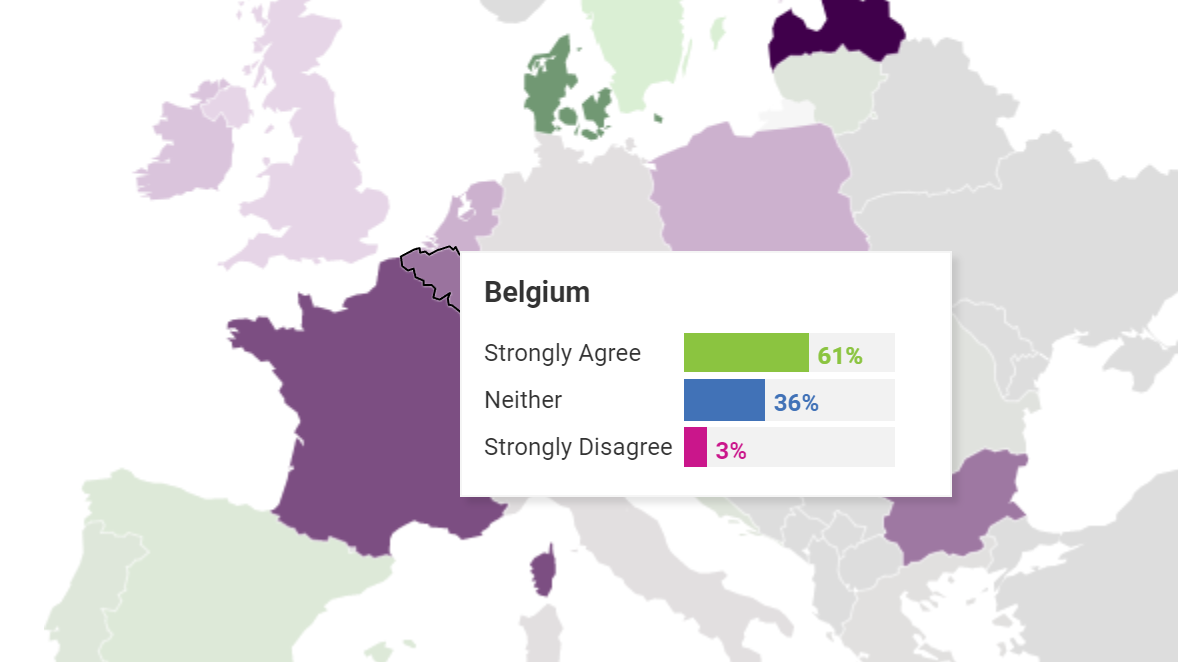

Our 2020 study investigated public perceptions towards the importance, safety, and effectiveness of vaccines as well as the perceptions towards the safety…
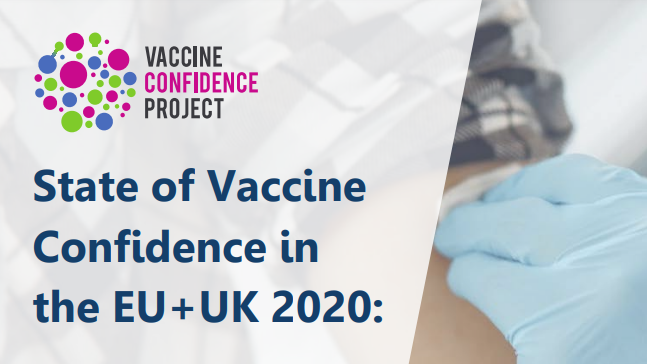
Read the 2020 instalment of the VCPs bi-annual research report “The State of Vaccine Confidence in the EU & UK,” which monitors public attitudes to vaccines across the continent.

To get us out of this pandemic, we must optimise uptake of not only life-saving vaccines, but health efforts…
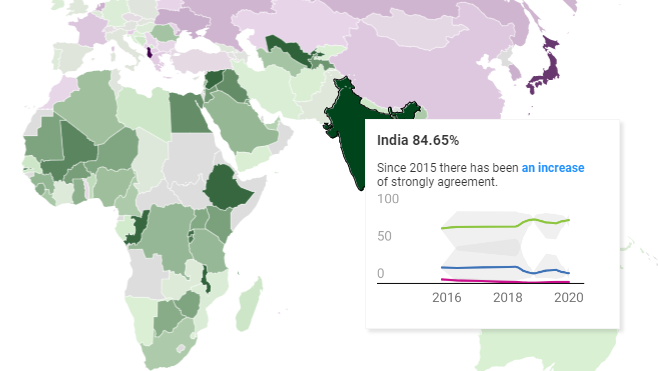
In this large-scale retrospective data-driven analysis, we examined global trends in vaccine confidence using data from 290 surveys.

In this large-scale retrospective data-driven analysis, we examined global trends in vaccine…

This article investigates how hope and trust played…

Overview This research, conducted in partnership with the Wellcome Trust, the UK Foreign, Commonwealth and Development Office and the Oswaldo Cruz…
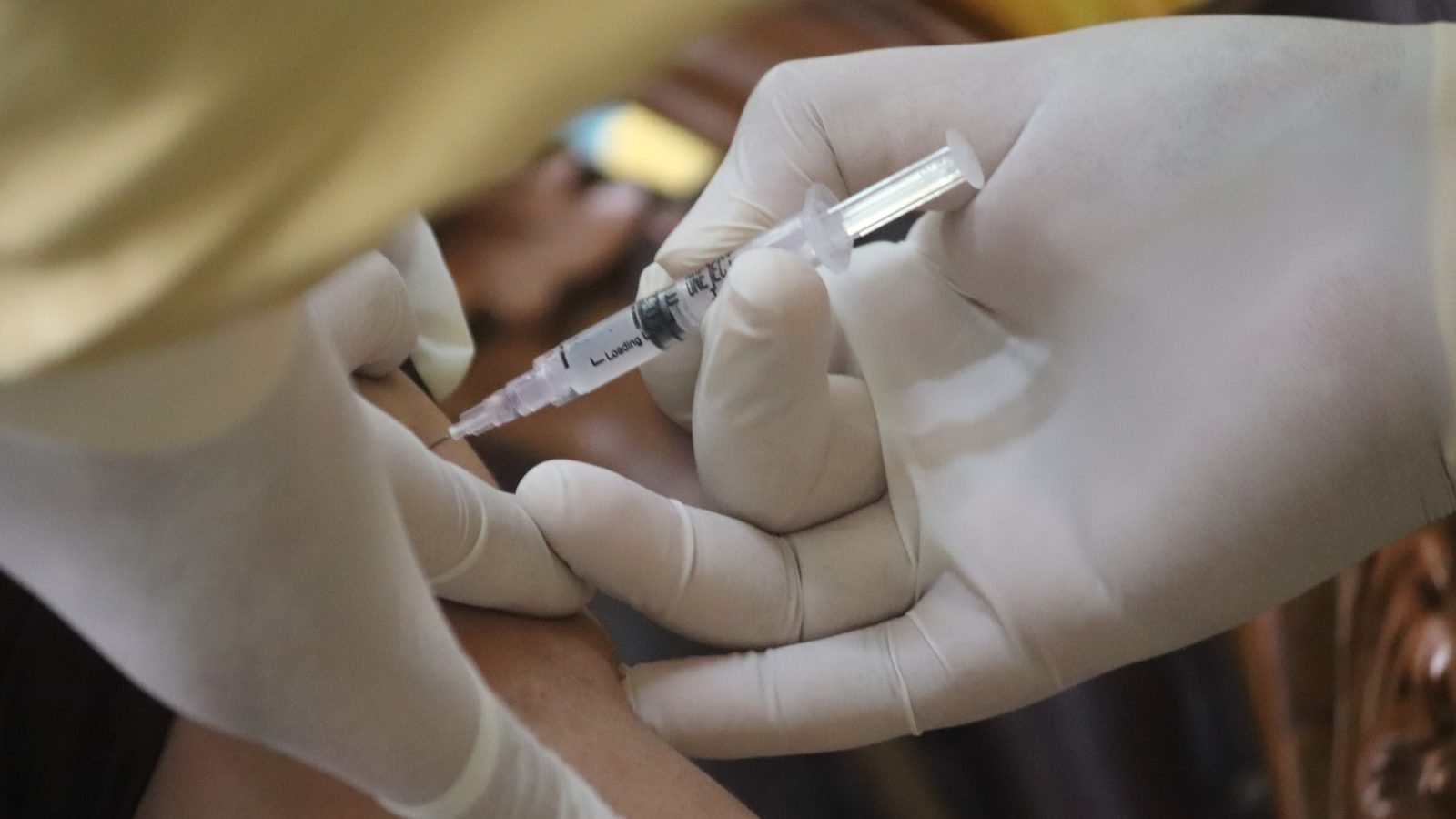
Parents’ reluctance to vaccinate their children undermines the effectiveness of vaccination programmes in Western Europe. There is anecdotal evidence suggesting a connection between the rise of political populism and vaccine hesitancy.
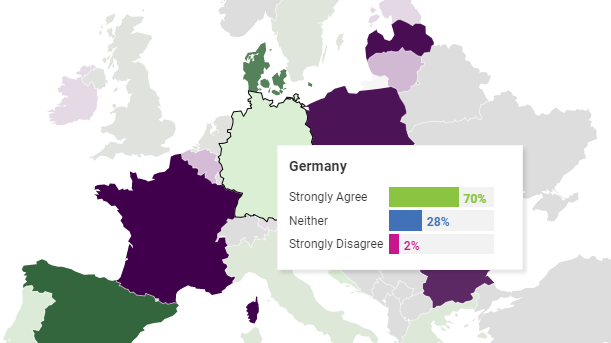
In this study we assessed the overall state of confidence in vaccines among the public in all 27 EU member states.
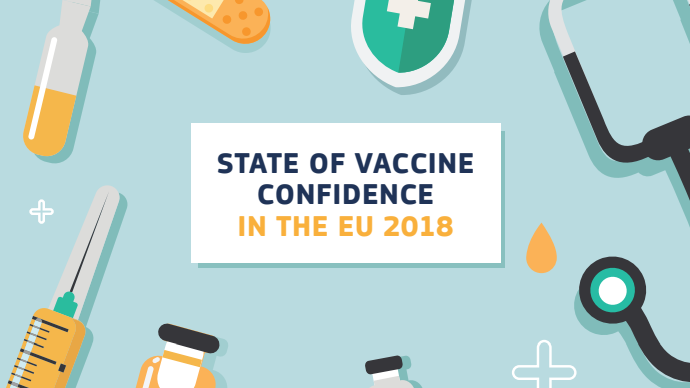
In this first instalment of the VCPs bi-annual “State of Vaccine Confidence in the EU” report, we found public perceptions towards vaccines are largely positive.

In November 2017, it was announced that the new dengue vaccine (“Dengvaxia”) had risks…
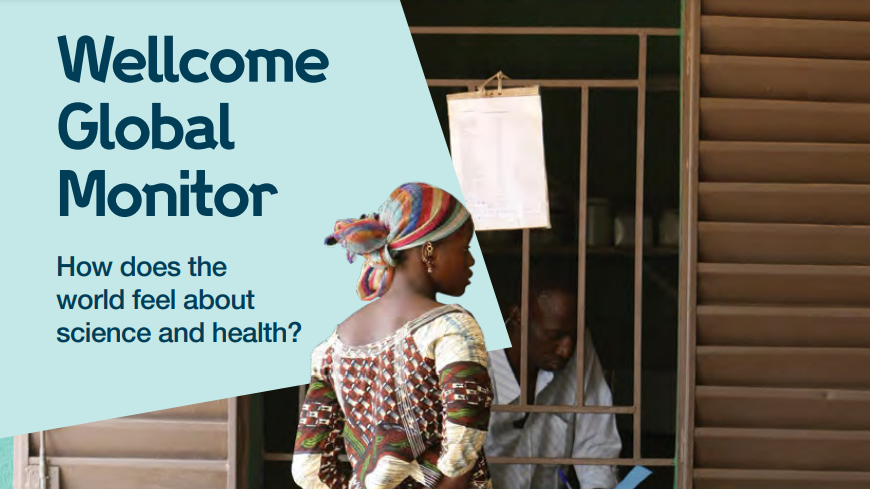
The central importance of vaccines to global health is why we devoted a question series in the Wellcome Global Monitor to understanding people’s attitudes towards vaccines around the world. The Monitor found that globally, eight in ten people (79%) somewhat or strongly agree that vaccines are safe, while 7% somewhat or strongly disagree.